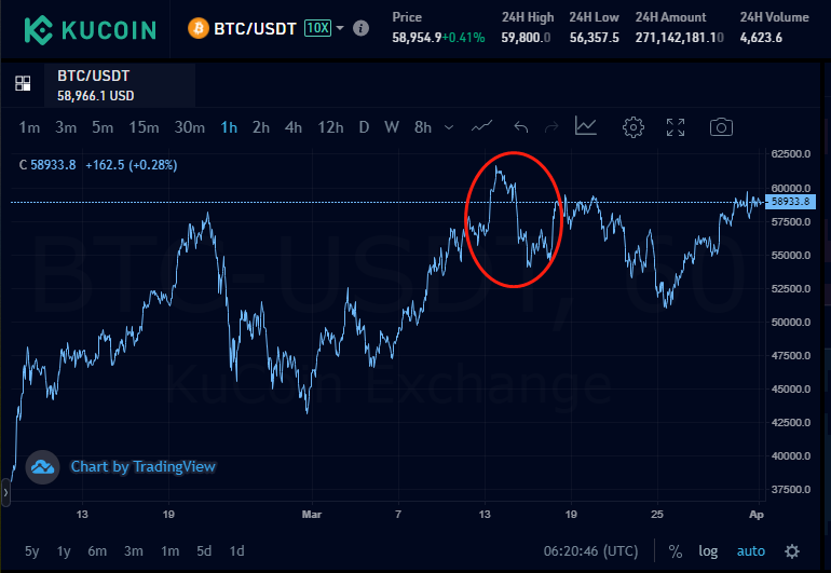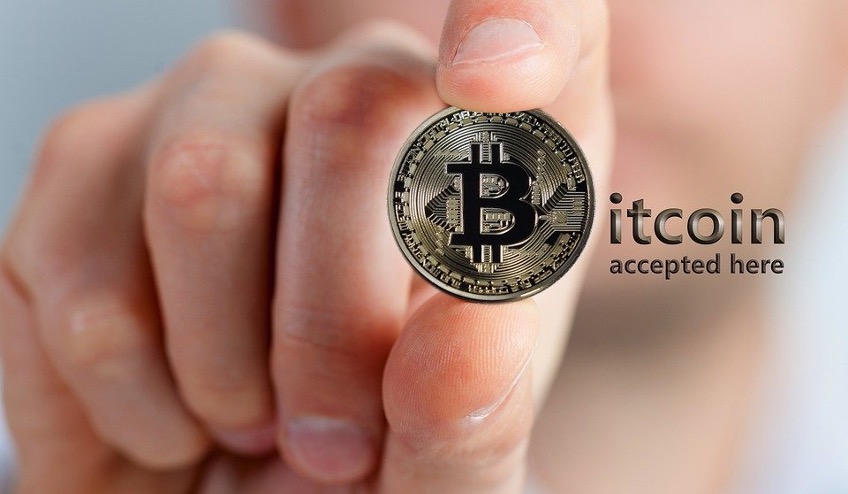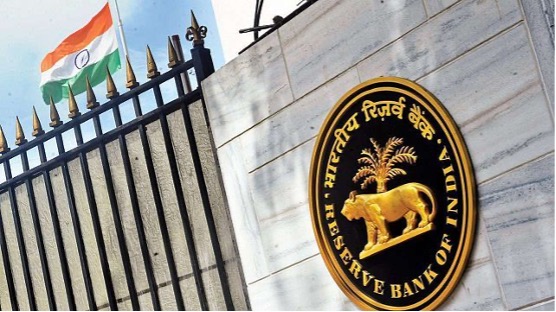In the development process of cryptocurrency, there has always been a phenomenon: once it is controlled, it will be "dead", and once it is released, it will be "chaos". Faced with the emerging business form of digital currency, government departments have always been entangled. For example, the Indian government has recently made new moves.
In mid-March, Bitcoin made great strides all the way, breaking through the $60,000 mark, setting a new historical record. However, the news that a senior Indian government official broke the news to the media caused Bitcoin to plunge to $2,000 in an instant, a drop of more than 3%.

What is this big news? It turns out that India will pass legislation to ban cryptocurrencies. Anyone who holds, issues, mines, trades and transfers encrypted assets will be judged illegal. The bill would give cryptocurrency holders up to six months to liquidate, after which they would be penalized. If the ban becomes law, India would be the first major economy in the world to make holding cryptocurrencies illegal.
Recently, it was reported that the Indian government is considering restricting the Internet Protocol (IP) addresses of exchanges and companies trading cryptocurrencies, which will make digital asset investors in India face more uncertainty.
In fact, the Indian government has always been strict with cryptocurrencies. Back in 2013, the Central Bank of India (RBI) published a conclusion that the authorization, currency and operation of cryptocurrencies are risky as it is neither a fiat foreign exchange transaction nor an authorized tender. In 2018, the central bank of India, the monetary agency under its purview, issued a strict order that banks should not deal with corporate business related to cryptocurrencies.

However, 2020 saw a turnaround when the Supreme Court of India lifted the Central Bank of India’s ban on cryptocurrencies, creating a positive wave among many digital forex traders. However, now the Indian government’s attitude towards cryptocurrencies has begun to oscillate between regulation and prohibition.
Today, major countries in the world are actively developing their own digital currencies, and India is no exception. On the one hand, other cryptocurrencies are banned, and on the other hand, the possibility of an official digital currency is also being encrypted. At the end of January this year, the Indian Congress once announced: "The Central Bank of India will launch our country's cryptocurrency." At the end of February, Dass, the governor of the Reserve Bank of India, revealed that in the past few months, he has focused on digitalization of monetary policy and is studying digital currency. Soon, a broad digital currency specification will be introduced to replace privately issued encryption. currency.

In this regard, the Internet and Mobile Association of India (IAMAI) publicly stated that cryptocurrencies and digital currencies are not a life-and-death relationship, and there is no need for the Indian central bank to ban Bitcoin in order to launch an official digital currency.
A spokesperson for the association said, “More than 300 start-up companies involving cryptocurrencies have created tens of thousands of jobs and hundreds of millions of dollars in revenue and taxes. The proposed ban will undoubtedly lead to property losses for nearly 10 million Indian investors.”
Banning it is definitely not a good way. While the Indian government intends to ban unofficially issued cryptocurrencies, it has fully affirmed the importance of blockchain expertise in financial operations.
It is estimated that about 8 million people in India currently hold about 100 billion Indian rupees (8.951 billion yuan) of cryptocurrency. Given the current huge market for cryptocurrencies in India, it seems more likely that a strategically designed regulatory framework will stimulate the development of Digital India.